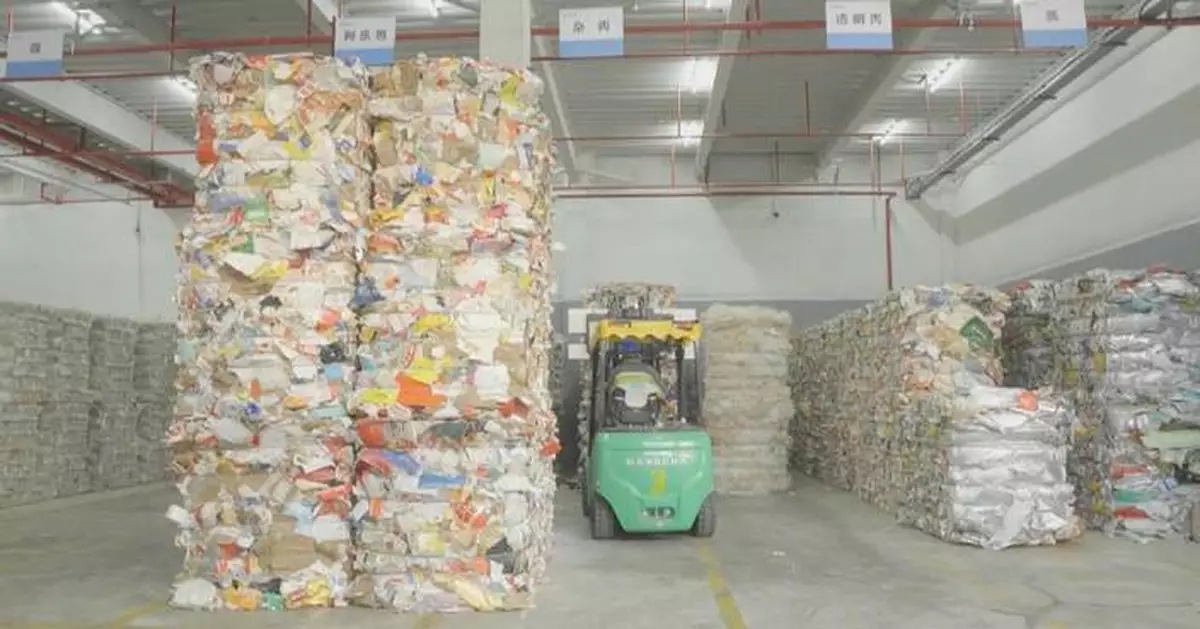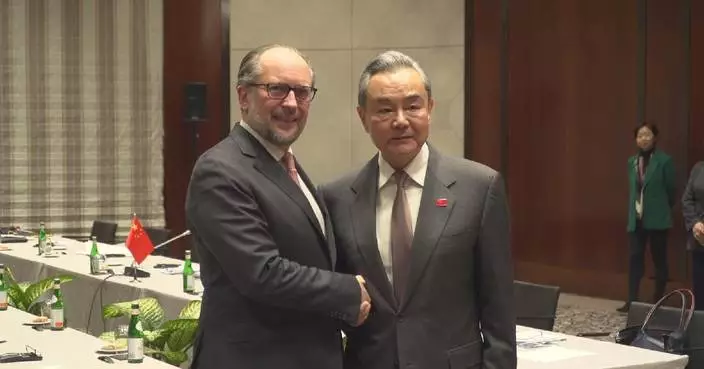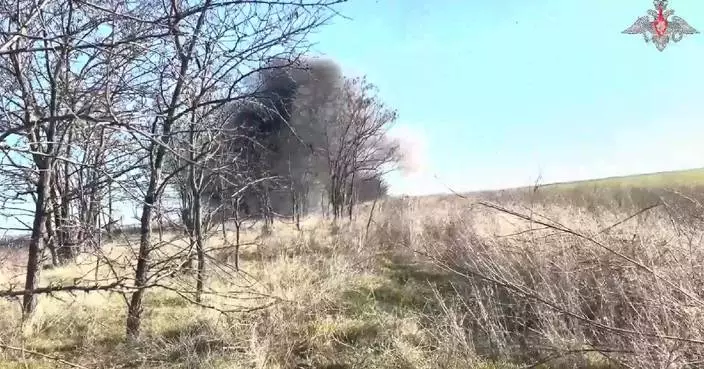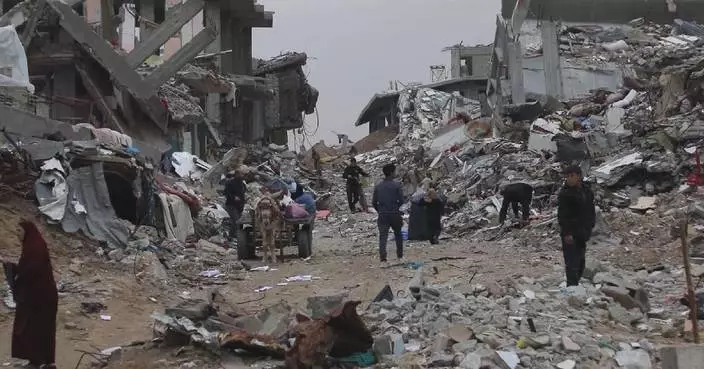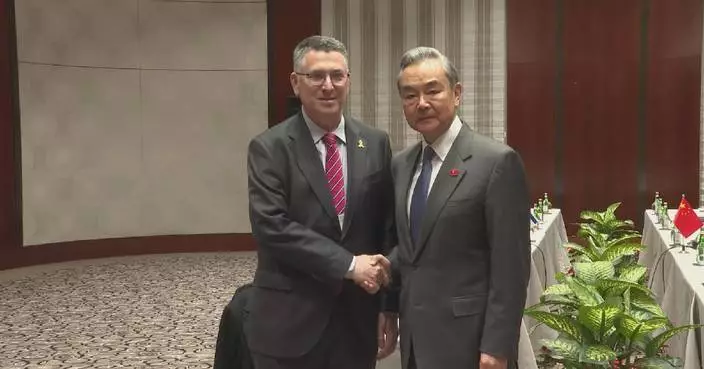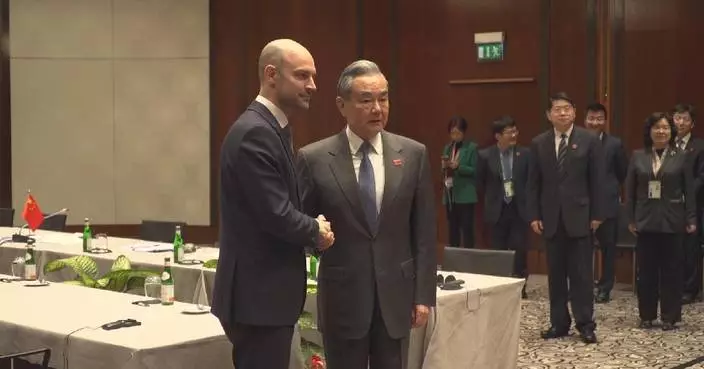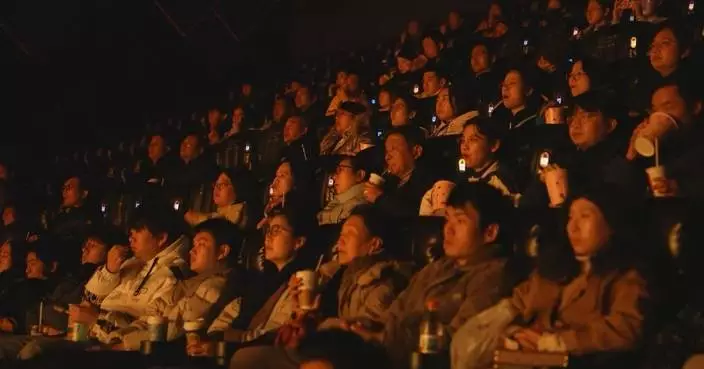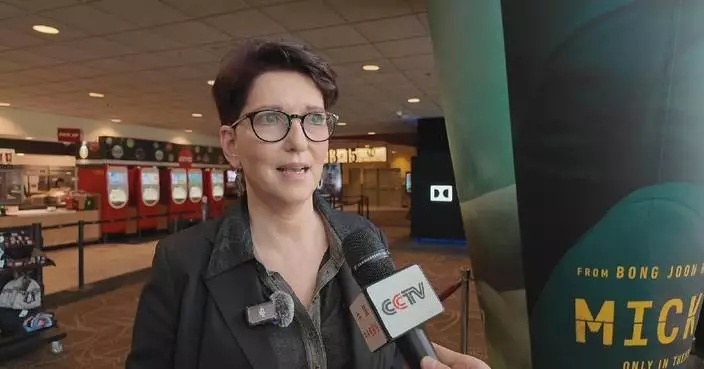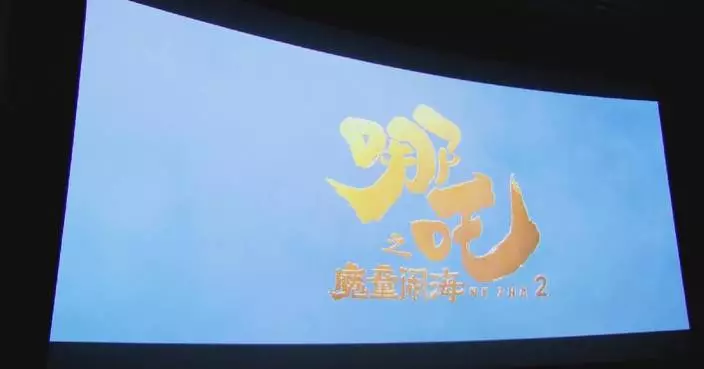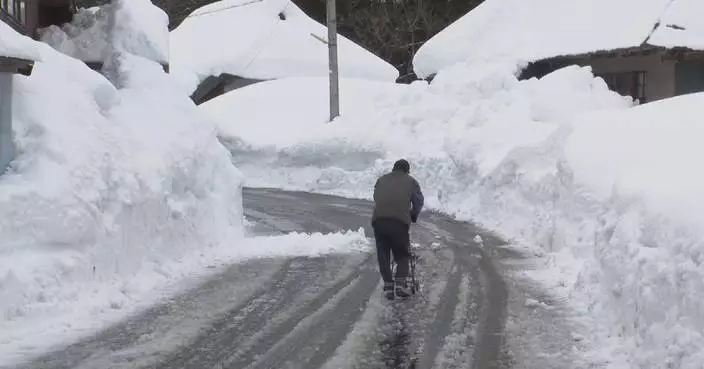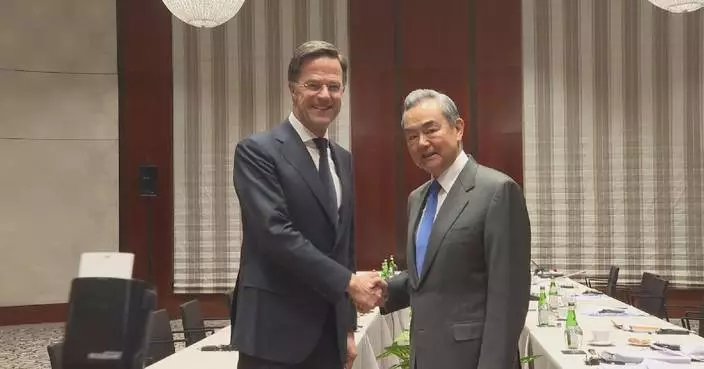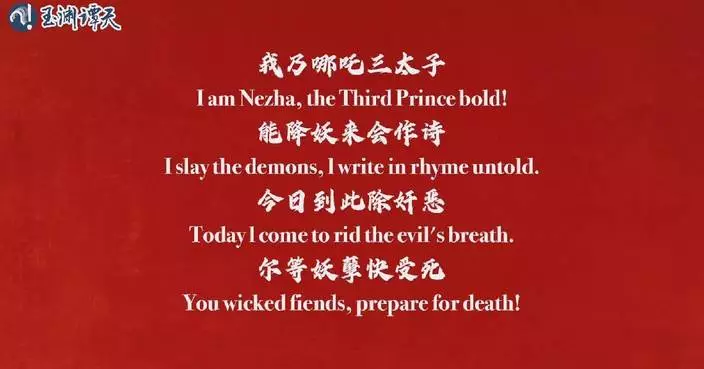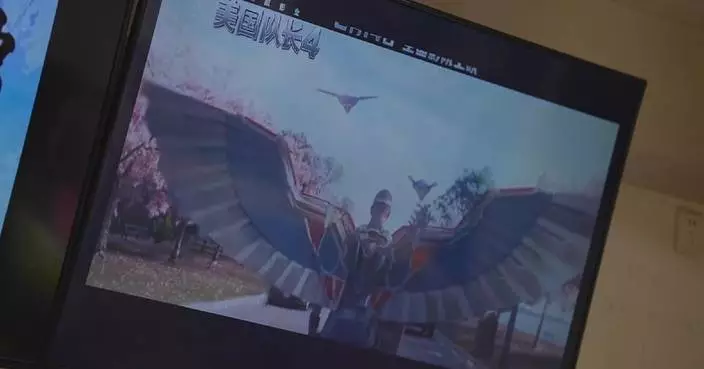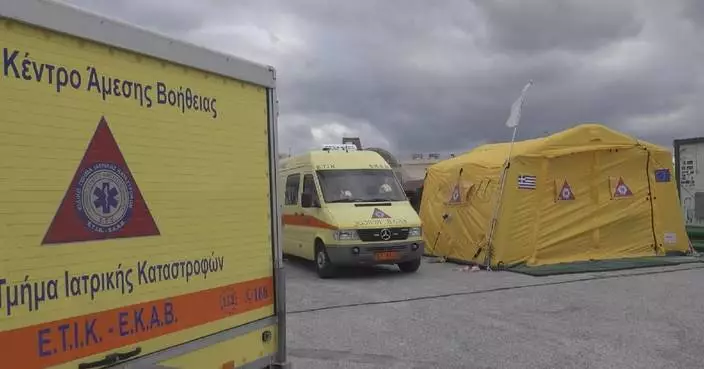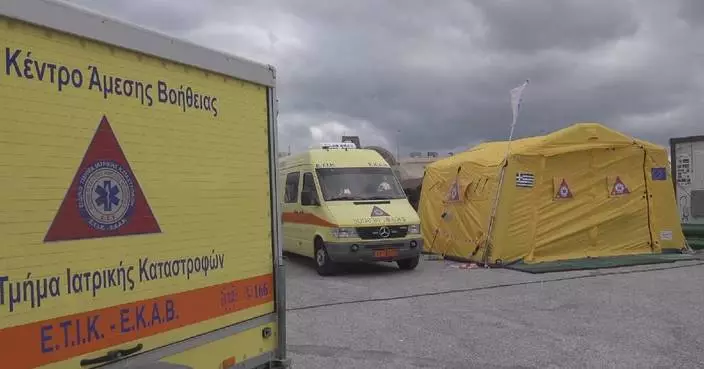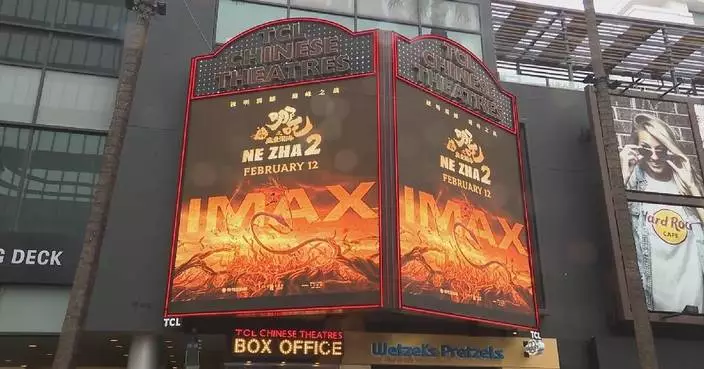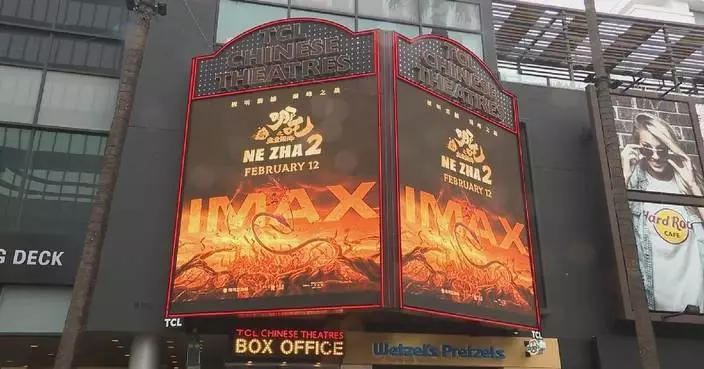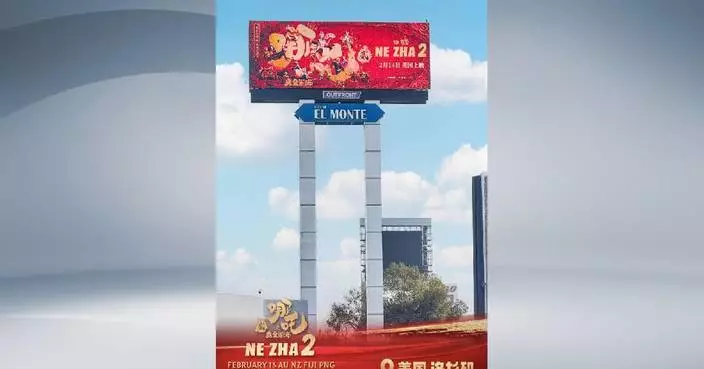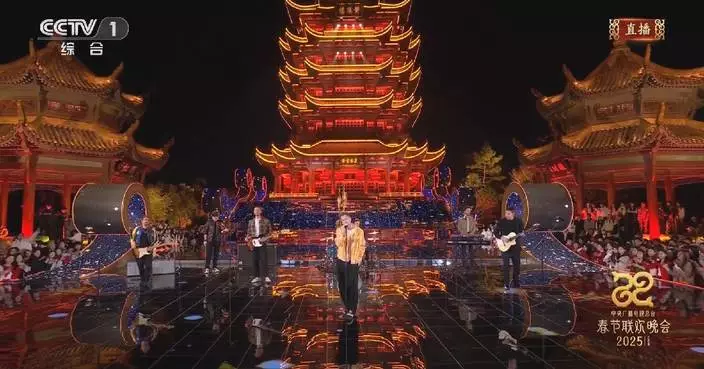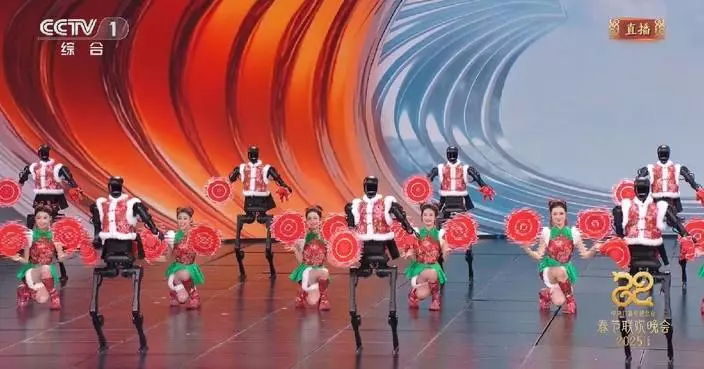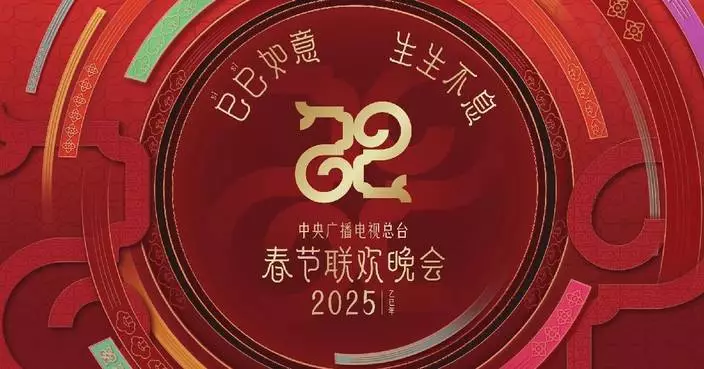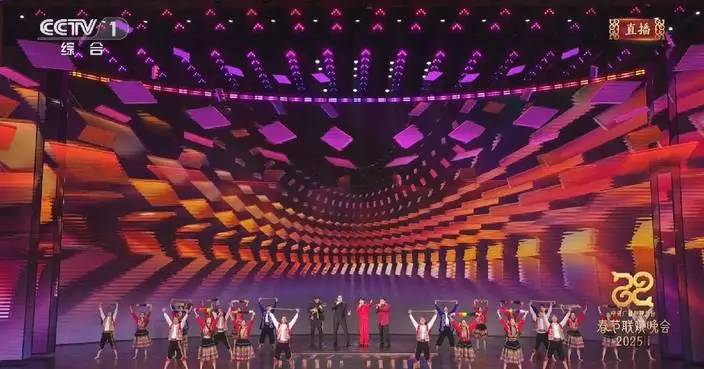A residential community in Xiamen City, east China's Fujian Province has set a commendable example in garbage sorting, promoting sustainability and now increasing the community's income through carbon emission trading.
As one of the first Chinese cities to pilot collaborative innovation in pollution reduction and carbon emission reduction, Xiamen took the initiative to promote garbage sorting in 2017.
Through the program, Xiamen has replaced traditional trash bins with smart garbage houses and equipped categorized transport vehicles to prevent the mixed transportation of garbage.
As the largest government-subsidized housing community in Xiamen with a population of 24,000 people, Jin'an Community has also been actively involved in this initiative, yielding remarkable results.
Now, the program has been integrated with the city's carbon trading system. The system allows enterprises to purchase tickets representing carbon sinks or emission reduction projects to offset their carbon emissions, contributing to national carbon neutrality goals.
In January of this year, a total of 10,168 tons of carbon emission reductions generated from garbage sorting in the community was traded online, marking the first time garbage sorting has been traded in a Chinese carbon trading system.
"We never imagined that garbage sorting could generate tradable carbon assets. We were very happy to receive more than 70,000 yuan (around 9,000 U.S. dollars) from the trading," said Chen Huiping, head of the neighborhood committee of the community.
Xiamen has also taken on a leading role in making products with recycled plastic, establishing the country's first automated sorting center for low-value recyclables.
"The disposable food containers can be processed into recycled particles here. Our downstream partners then transform them into products like plastic hangers, which are exported to countries such as Germany and Japan. These nations have stringent requirements for such items -- they must comprise a minimum of 30 percent recycled material, and the recycled content must be traceable," said Jiang Fengfeng, manager of the sorting center.
The city is planning to increase its capacity for the efficient utilization of low-value recyclables, as the current sorting center is insufficient to handle all the low-value recyclable waste in the city, said an official with the Center for Environmental Health in Xiamen.
"Xiamen produces around 800 tons of low-value recyclables daily, but our current sorting capacity is only about 50 tons. We are now planning the construction of the second phase project to expand the capacity to 240 tons, so as to sort more low-value recyclables from other waste," said Huang Weilin, director of the center.
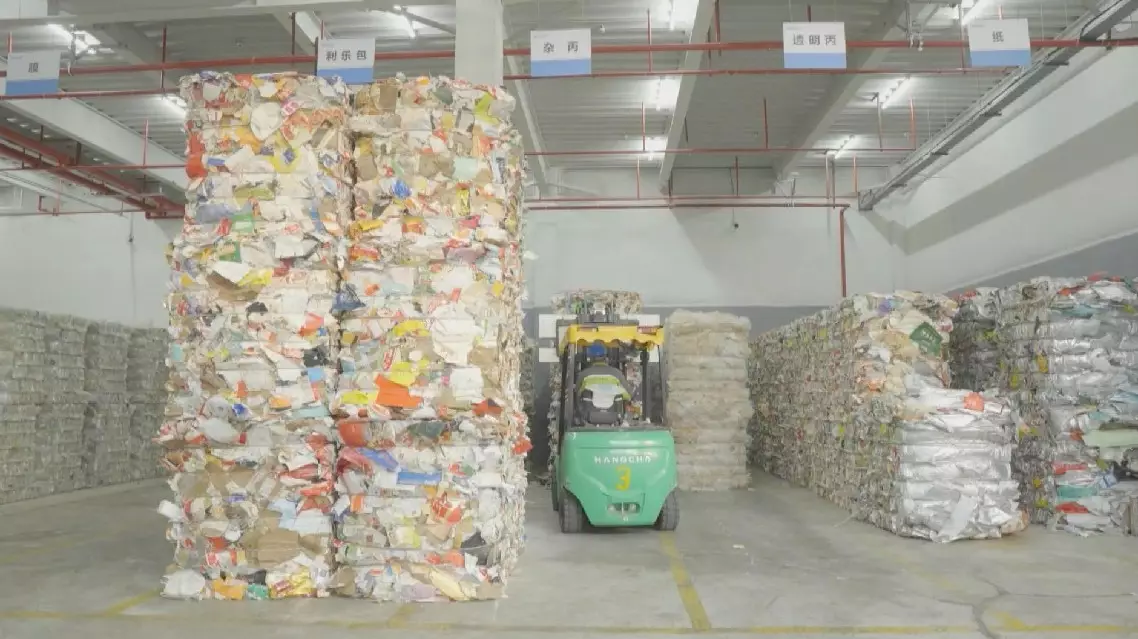
Garbage sorting meets carbon trading in Xiamen, boosting community revenue


